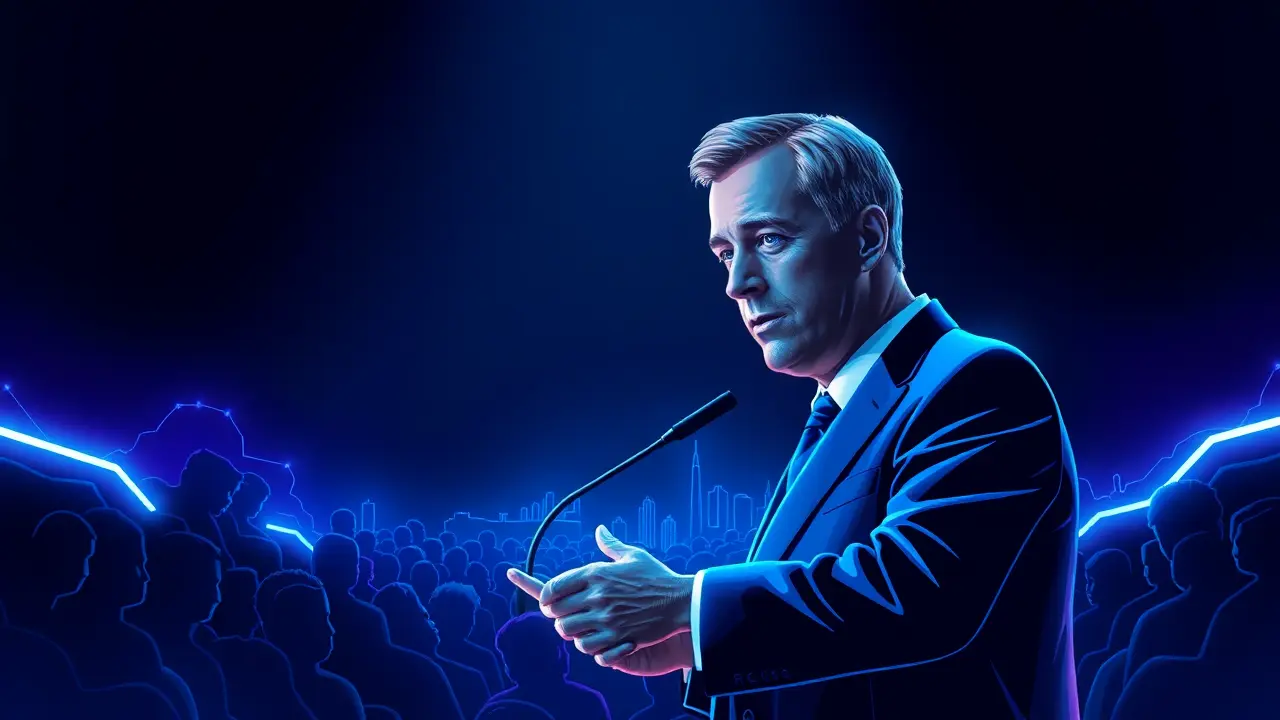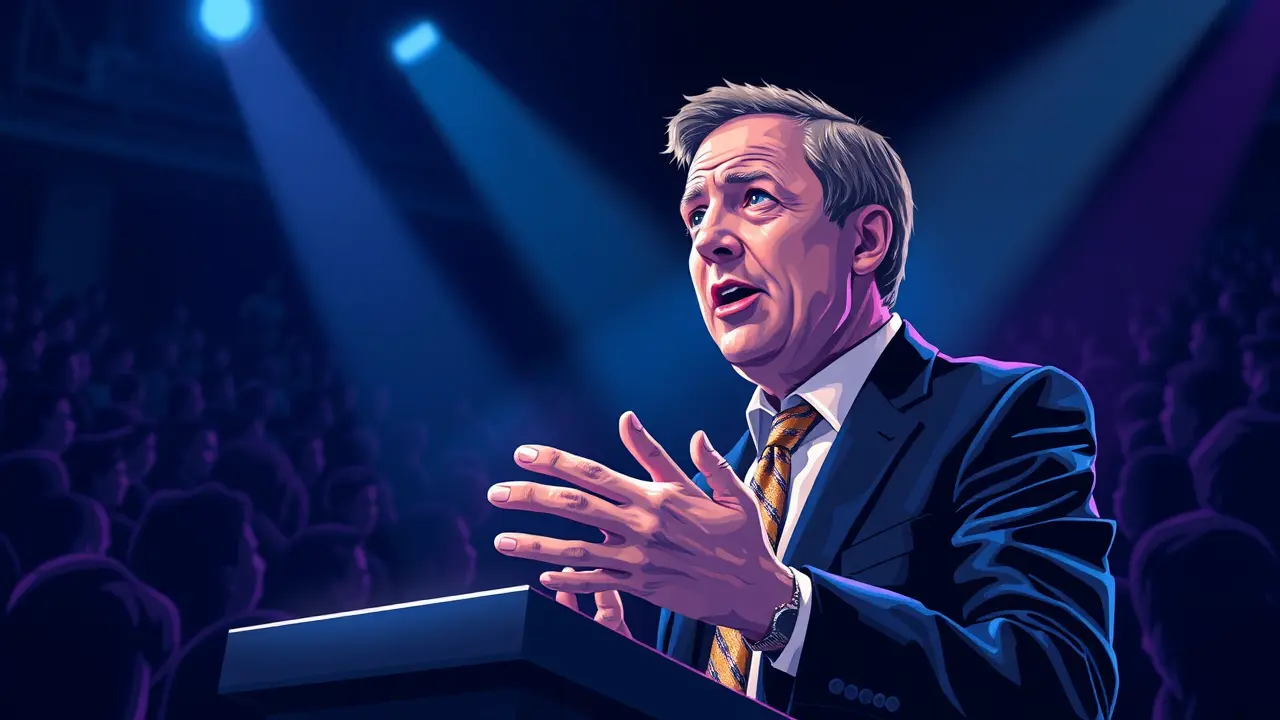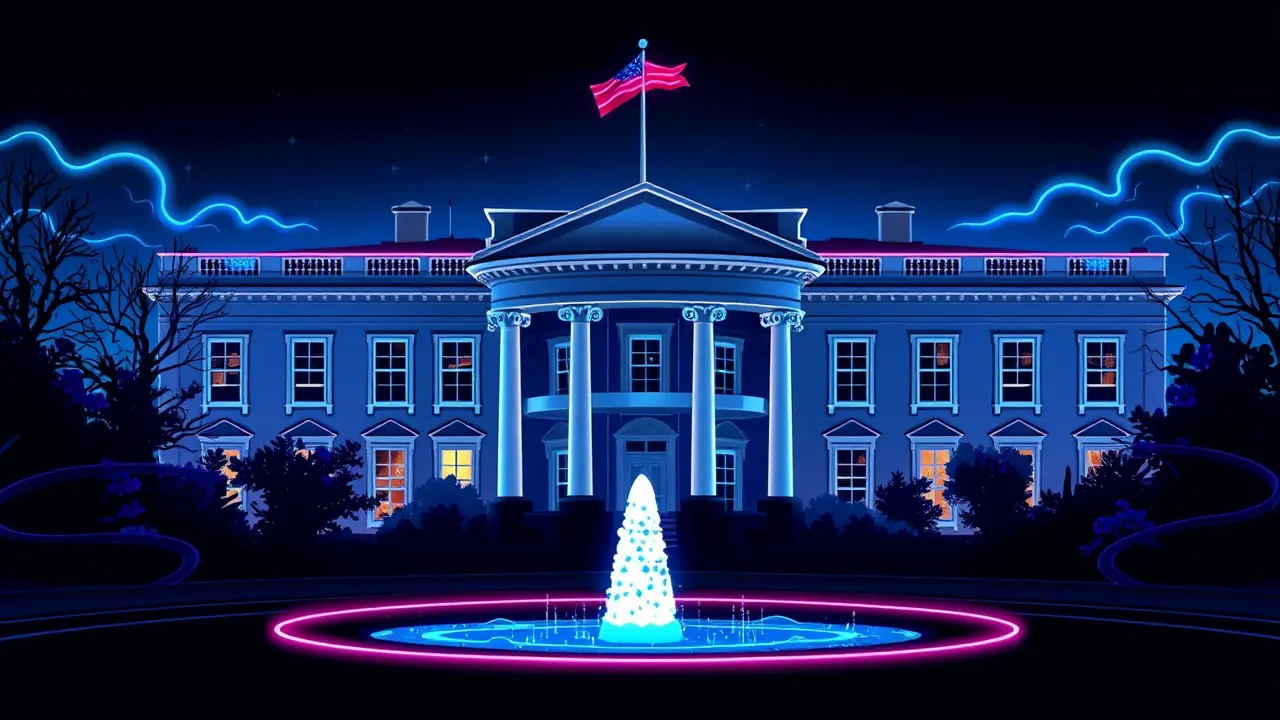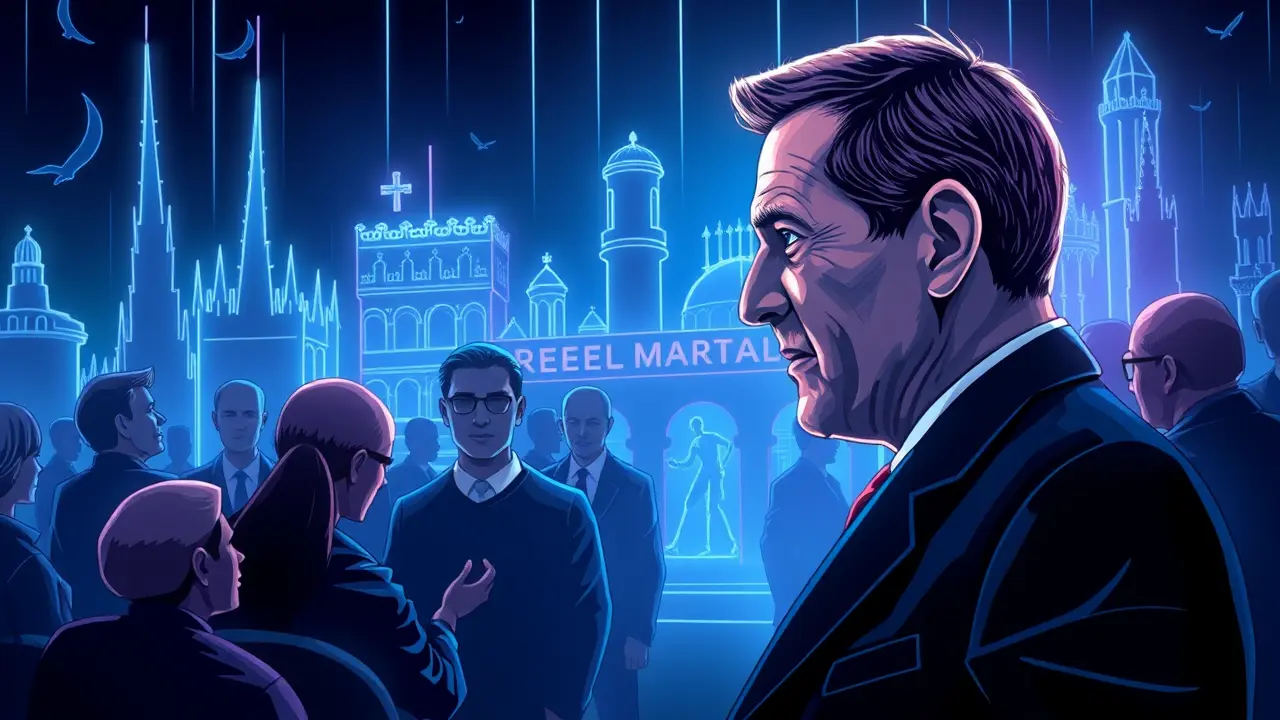
PoliticselectionsPresidential Elections
Tanzanian President Inaugurated Amid Opposition Protest And Violence Claims.
EM
Emma Wilson
8 hours ago7 min read4 comments
The inauguration of Tanzanian President Samia Suluhu Hassan on Monday unfolded against a backdrop of profound political crisis, with her calls for 'unity and solidarity' starkly contrasting the opposition's claims of a violent crackdown that allegedly left hundreds dead in the days preceding the ceremony. While the electoral commission officially declared a staggering 98 percent victory for Hassan, this figure was immediately rejected as a 'sham' by the main opposition party, Chadema, which had been systematically barred from fielding candidates, effectively turning the election into a one-horse race devoid of legitimate political contest.This is not an isolated incident but part of a deeply troubling pattern across East Africa, where incumbent regimes are increasingly employing legalistic maneuvers and outright coercion to dismantle democratic opposition, a trend witnessed in the suffocation of political space in Uganda and the erosion of judicial independence in Burundi. The specific allegations from Chadema point to coordinated, state-sanctioned violence targeting young protestors in the aftermath of last Wednesday's vote, a grim echo of the tactics used during the presidency of the late John Magufuli, whose administration was notorious for its intolerance of dissent, enforced disappearances of critics, and a heavily muzzled press.Hassan, who ascended to the presidency following Magufuli's death, had initially offered a glimmer of hope with promises of a more inclusive '4D philosophy'—Dialogue, Diplomacy, Development, and Decentralisation—but this recent electoral process and its violent aftermath suggest a reversion to the old, repressive playbook, raising critical questions about her ability or willingness to steer Tanzania toward genuine pluralism. The international community, particularly regional bodies like the African Union and the Southern African Development Community (SADC), now faces a formidable test; their response—or lack thereof—will set a crucial precedent, either legitimizing this electoral charade through silent acquiescence or taking a principled stand that could involve sanctions and suspended membership, though such actions are often hamstrung by geopolitical considerations and a reluctance to interfere in sovereign affairs.For the millions of Tanzanians, the consequences are immediate and visceral: a further erosion of trust in democratic institutions, a climate of fear that silences civic engagement, and the very real threat of more bloodshed as a disillusioned and marginalized youth, seeing no peaceful avenue for political change, may grow increasingly desperate. The path forward is perilously narrow, requiring not just hollow rhetoric from the new administration but verifiable confidence-building measures, including an independent, international investigation into the killings, the unconditional release of all political prisoners, and a commitment to a genuinely inclusive national dialogue that addresses the foundational grievances fueling this crisis, without which Tanzania's stability and its role as a regional economic hub hang in the balance.
#featured
#Tanzania
#Samia Suluhu Hassan
#inauguration
#protests
#election results
#opposition
#Chadema
#violence
Stay Informed. Act Smarter.
Get weekly highlights, major headlines, and expert insights — then put your knowledge to work in our live prediction markets.
Related News
© 2025 Outpoll Service LTD. All rights reserved.








